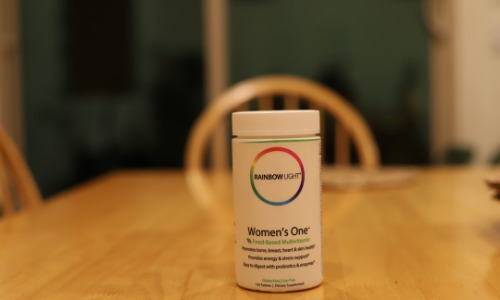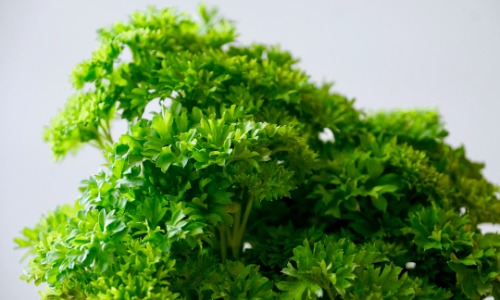20 Impressive Benefits of Vitamin B1 (Thiamine)
Vitamin B1, also known as thiamine, is an essential nutrient that plays a crucial role in maintaining overall health. Here are 20 compelling reasons to ensure you get enough Vitamin B1 in your diet:
- Boosts Energy Production
Vitamin B1 helps convert carbohydrates into energy, which is vital for maintaining energy levels throughout the day. - Supports Nervous System Health
Thiamine is essential for the proper functioning of the nervous system, helping to transmit nerve signals effectively. - Improves Heart Function
Vitamin B1 supports cardiovascular health by aiding in the production of neurotransmitters that regulate heart function. - Enhances Cognitive Function
Thiamine plays a role in cognitive functions such as memory, concentration, and overall brain health. - Promotes Digestive Health
Thiamine helps in the production of hydrochloric acid in the stomach, which is essential for proper digestion and nutrient absorption. - Supports Muscle Function
Vitamin B1 is necessary for the proper functioning of muscles, ensuring they receive adequate energy to perform effectively. - Prevents Beriberi
Adequate intake of thiamine prevents beriberi, a condition characterized by muscle weakness, nerve damage, and cardiovascular issues. - Reduces Risk of Metabolic Disorders
Thiamine helps maintain healthy metabolic processes, reducing the risk of metabolic disorders such as obesity and diabetes. - Supports Immune System
Vitamin B1 boosts the immune system by enhancing the body’s ability to withstand infections and diseases. - Improves Mood and Mental Health
Thiamine has been shown to improve mood and reduce symptoms of depression and anxiety by supporting brain function. - Aids in Detoxification
Thiamine supports liver function, aiding in the detoxification process and helping to eliminate toxins from the body. - Enhances Circulation
Vitamin B1 helps improve blood circulation, ensuring that all body tissues receive adequate oxygen and nutrients. - Promotes Healthy Skin
Thiamine supports healthy skin by improving blood flow and promoting the production of healthy skin cells. - Supports Eye Health
Thiamine is essential for maintaining good vision and preventing conditions such as cataracts and glaucoma. - Reduces Risk of Alzheimer’s Disease
Some studies suggest that adequate thiamine intake may reduce the risk of developing Alzheimer’s disease and other cognitive impairments. - Aids in Red Blood Cell Formation
Thiamine helps in the production of red blood cells, which are essential for transporting oxygen throughout the body. - Prevents Wernicke-Korsakoff Syndrome
Adequate thiamine intake prevents Wernicke-Korsakoff syndrome, a serious brain disorder often associated with chronic alcoholism. - Supports Healthy Appetite
Thiamine plays a role in maintaining a healthy appetite by regulating hunger signals and digestive functions. - Improves Stress Response
Thiamine helps the body cope with stress by supporting adrenal gland function and promoting the production of stress-relief hormones. - Enhances Physical Performance
Adequate thiamine levels are crucial for athletes and active individuals, as it helps improve physical performance and endurance.
Incorporating Vitamin B1 into your diet can be achieved by consuming foods rich in this essential nutrient, such as whole grains, legumes, nuts, seeds, pork, and fortified cereals. Ensuring adequate Vitamin B1 intake is vital for maintaining overall health and well-being.










